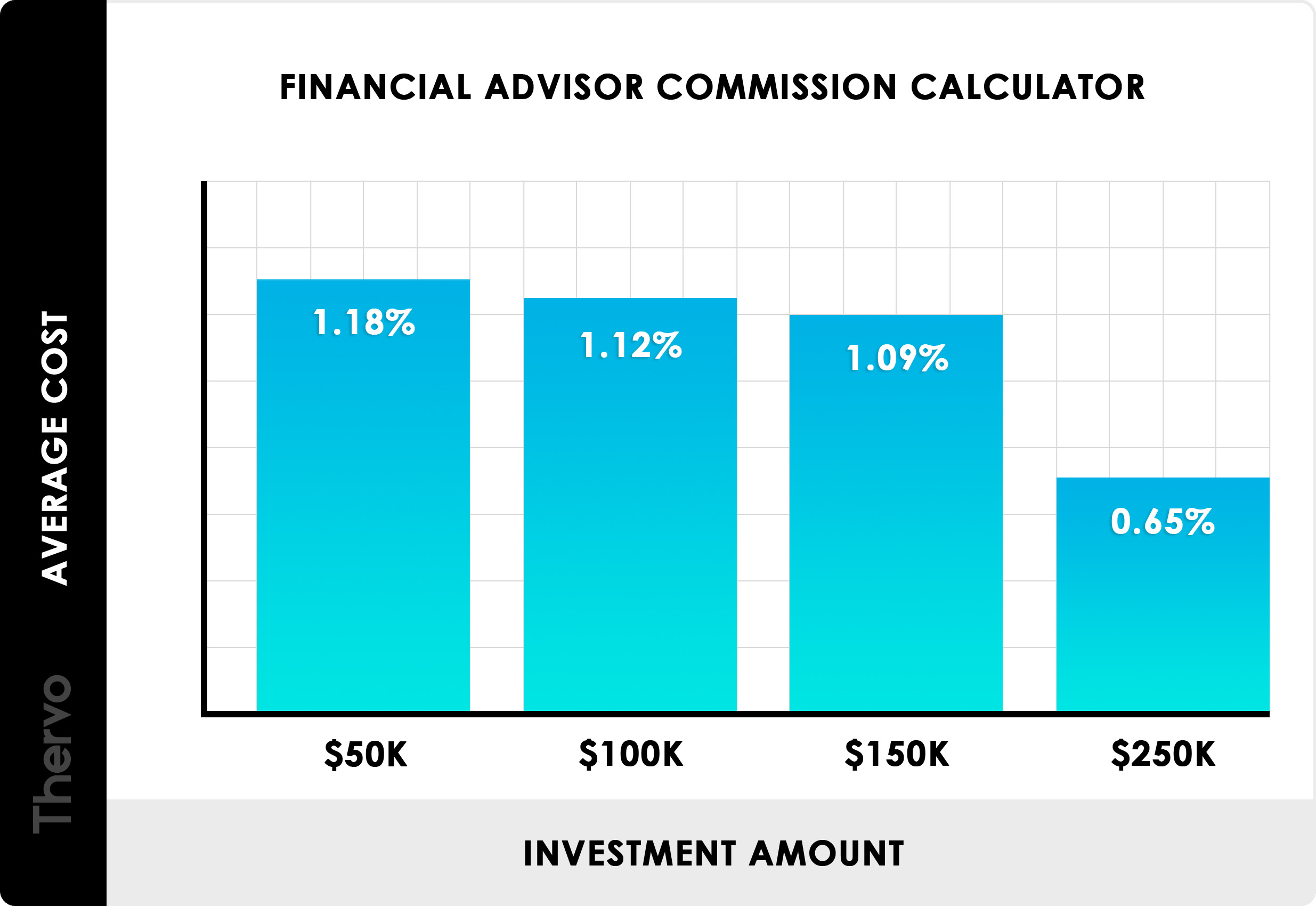
A brokerage account allows investors or traders to store their assets in an investment account. It can be managed by a broker, bank or custodian. Most investors and traders open a brokerage accounts with a broker. This account is crucial to investors' overall investment strategy. You can borrow money to buy new assets. You must also pay brokerage account fees.
Margin accounts allow investors the ability to borrow money in order to purchase new holdings
A margin account allows investors to borrow money from their brokerage account to buy new holdings. Using this account requires some work on your part, and it is not suitable for beginners. If you invest poorly, this account can cause you to lose more. In such a scenario, you could find yourself owing the brokerage plus interest. A margin call can happen at any time, and you can end up with a higher loss than you anticipated.
Margin loans are a way to get a loan to purchase new properties. As long as you maintain a minimum amount of equity in your account, you can use your margin loan to purchase new holdings. However, you must ensure that the loan amount is at least equal to the value of your assets. In some cases, you may be required to sell other assets in order to cover your short positions or close options positions in order to maintain the required equity level in your account. It is important to ensure you have enough cash available for your account, or that you invest it in margin accounts.

Online brokerages provide a secure interface
Security is a high priority for online brokerages. They place security as a top priority and take all necessary steps to ensure that their clients and website are protected from hackers. Some brokers go beyond what is necessary and make cybersecurity a shared responsibility. Charles Schwab is one of the best online brokers for website security. What does this mean for your business?
There are many types online brokerages. There are also full-service brokerages that offer extensive advice and guidance but charge a steep fee. However, if you're an independent investor, online brokerages offer a secure interface and low-cost options. These services can provide different types of trade orders depending upon your needs. They also offer different analytical tools and speed of execution.
Brokerage account fees
There are several fees associated with a brokerage account, and you may have to pay them annually or periodically if you have inactive accounts. Account credits are offered by some brokerage accounts based on how much money you have. Some brokerage accounts require a minimum monthly or annual balance. The fees associated with Morgan Stanley brokerage account are listed below. For more information on these fees, please contact the customer service department of Morgan Stanley.
Annual account fees that are associated with a brokerage account can cost anywhere from $25 to $90 each year. Annual custodian fee covers IRS reporting requirements. Some firms may also charge an account close fee. Transaction fees can also be charged by financial advisors, which vary from $15 to $150 per transaction. These fees can be waived if the financial advisor charges a percentage from your investment portfolio.

Tax implications of closing a brokerage bank account
One of the biggest pitfalls in the tax process is moving investment funds between accounts. However, moving taxable investments carries most of the tax consequences. This option is not available to everyone. Nonqualified assets are subject to penalties. You will also be penalized if you hold less than two year of SIMPLE IRA ownership. The good news? You can move funds within your brokerage firm.
The type of income from an investment account will determine the amount of tax that must be paid. You may have made long-term capital gains if you have owned assets for longer than one year. If you sold the assets within the same year, you would have experienced short-term capital gains. Also, you may have suffered a loss. You will have to pay taxes for both profits and losses.
FAQ
How does Wealth Management work
Wealth Management can be described as a partnership with an expert who helps you establish goals, assign resources, and track progress towards your goals.
Wealth managers can help you reach your goals and plan for the future so that you are not caught off guard by unanticipated events.
These can help you avoid costly mistakes.
How old do I have to start wealth-management?
The best time to start Wealth Management is when you are young enough to enjoy the fruits of your labor but not too young to have lost touch with reality.
The sooner you begin investing, the more money you'll make over the course of your life.
You may also want to consider starting early if you plan to have children.
Savings can be a burden if you wait until later in your life.
What is risk management in investment management?
Risk management refers to the process of managing risk by evaluating possible losses and taking the appropriate steps to reduce those losses. It involves identifying, measuring, monitoring, and controlling risks.
A key part of any investment strategy is risk mitigation. Risk management has two goals: to minimize the risk of losing investments and maximize the return.
The key elements of risk management are;
-
Identifying the sources of risk
-
Measuring and monitoring the risk
-
How to manage the risk
-
Manage your risk
What is wealth Management?
Wealth Management involves the practice of managing money on behalf of individuals, families, or businesses. It encompasses all aspects financial planning such as investing, insurance and tax.
How to Begin Your Search for A Wealth Management Service
Look for the following criteria when searching for a wealth-management service:
-
Has a proven track record
-
Is the company based locally
-
Consultations are free
-
Provides ongoing support
-
Clear fee structure
-
Has a good reputation
-
It's simple to get in touch
-
Offers 24/7 customer care
-
Offers a wide range of products
-
Low fees
-
Hidden fees not charged
-
Doesn't require large upfront deposits
-
Has a clear plan for your finances
-
Has a transparent approach to managing your money
-
This makes it easy to ask questions
-
A solid understanding of your current situation
-
Understands your goals and objectives
-
Are you open to working with you frequently?
-
Works within your budget
-
A good knowledge of the local market
-
You are available to receive advice regarding how to change your portfolio
-
Are you willing to set realistic expectations?
Who Should Use a Wealth Manager?
Anyone who is looking to build wealth needs to be aware of the potential risks.
It is possible that people who are unfamiliar with investing may not fully understand the concept risk. As such, they could lose money due to poor investment choices.
The same goes for people who are already wealthy. Some people may feel they have enough money for a long life. However, this is not always the case and they can lose everything if you aren't careful.
As such, everyone needs to consider their own personal circumstances when deciding whether to use a wealth manager or not.
Statistics
- According to a 2017 study, the average rate of return for real estate over a roughly 150-year period was around eight percent. (fortunebuilders.com)
- These rates generally reside somewhere around 1% of AUM annually, though rates usually drop as you invest more with the firm. (yahoo.com)
- US resident who opens a new IBKR Pro individual or joint account receives a 0.25% rate reduction on margin loans. (nerdwallet.com)
- As of 2020, it is estimated that the wealth management industry had an AUM of upwards of $112 trillion globally. (investopedia.com)
External Links
How To
How to invest when you are retired
People retire with enough money to live comfortably and not work when they are done. But how do they put it to work? It is most common to place it in savings accounts. However, there are other options. You could, for example, sell your home and use the proceeds to purchase shares in companies that you feel will rise in value. You can also get life insurance that you can leave to your grandchildren and children.
However, if you want to ensure your retirement funds lasts longer you should invest in property. If you invest in property now, you could see a great return on your money later. Property prices tend to go up over time. Gold coins are another option if you worry about inflation. They don’t lose value as other assets, so they are less likely fall in value when there is economic uncertainty.